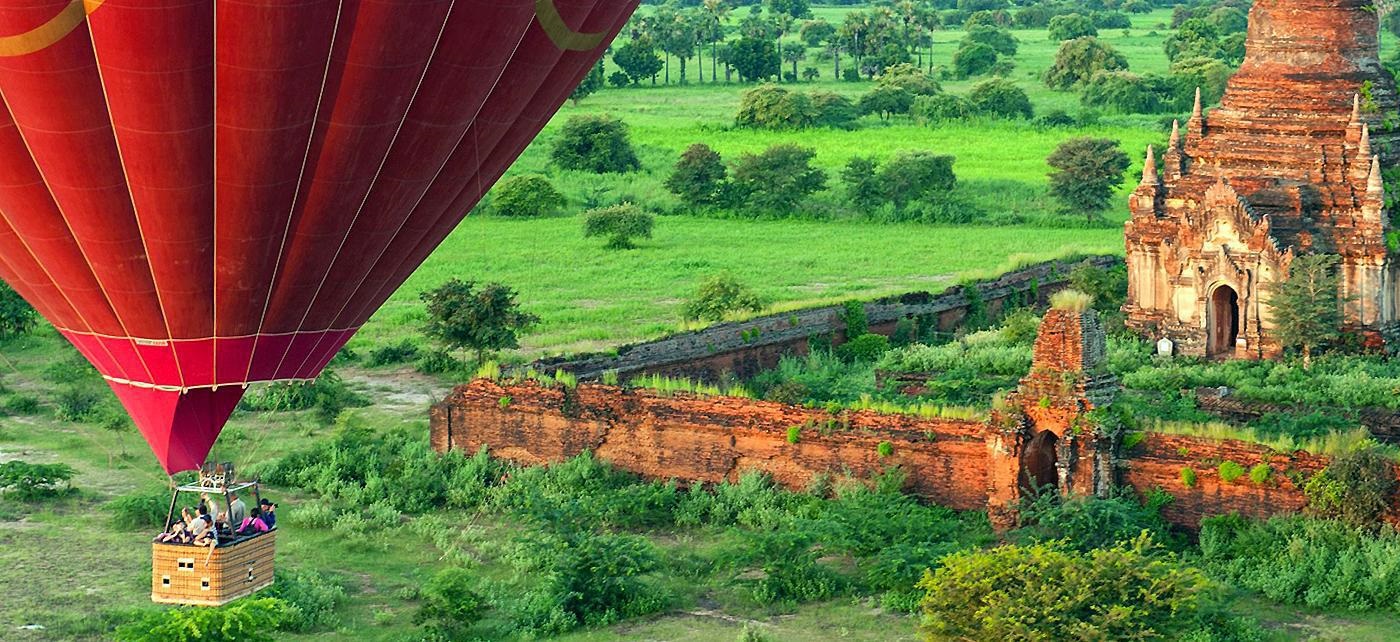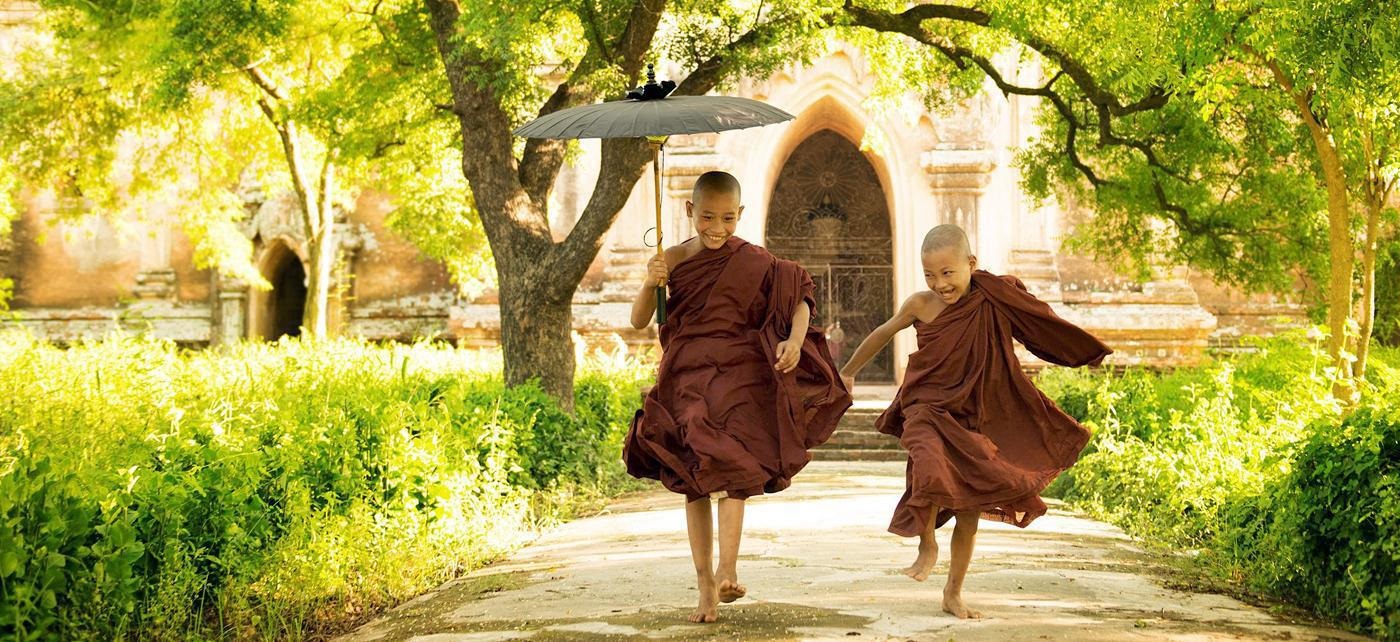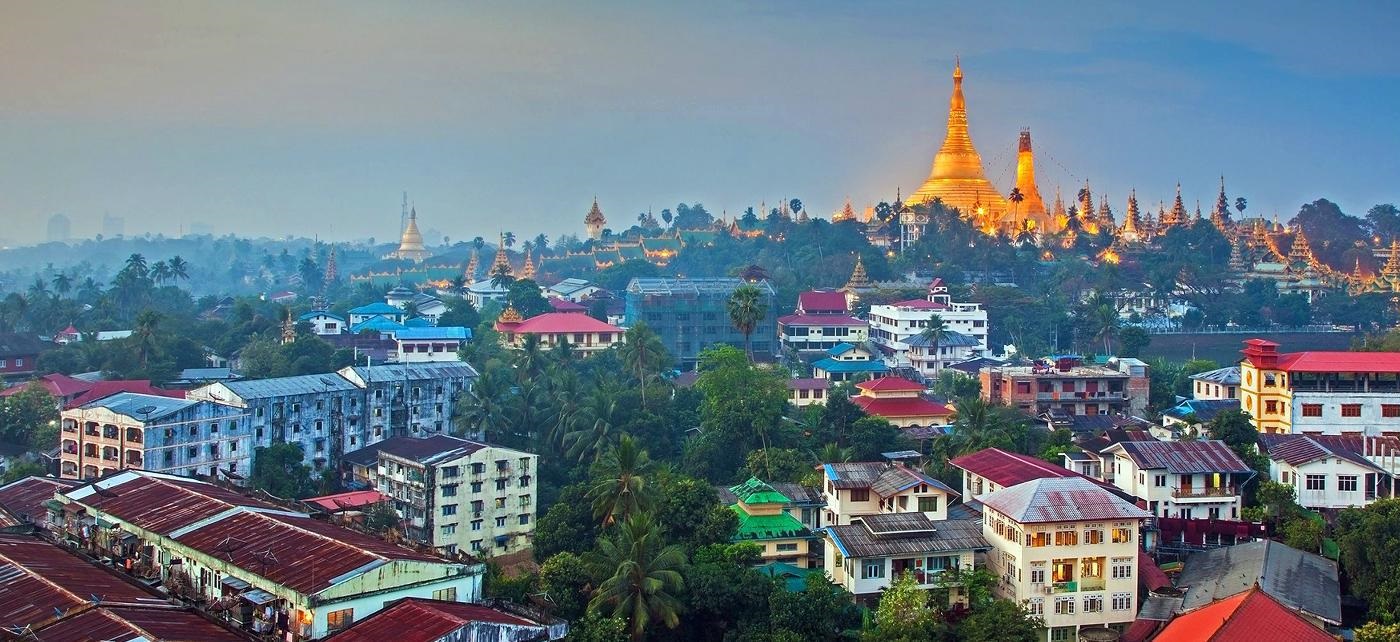Burma, officially the Republic of the Union of Myanmar, is a country in Southeast Asia. The country is bordered by the People's Republic of China on the northeast, Laos on the east, Thailand on the southeast, Bangladesh on the west, India on the northwest, and the Bay of Bengal to the southwest, with the Andaman Sea defining its southern periphery. One-third of Burma's total perimeter of 1,930 kilometers (1,200 mi) forms an uninterrupted coastline. At 676,578 km2 (261,227 sq mi), Burma is the 40th largest country in the world, the second largest country in Southeast Asia, and 24th most populous country with over 58.8 million people.
Burma is home to some of the major civilizations of Southeast Asia including Pyu and Mon. In 9th century, the Burmans of the Nanzhao Kingdom, entered the upper Irrawaddy valley and established the Pagan Empire in 1057. The Burmese language and culture slowly came to intertwine with Pyu and Mon norms. During this period, Pagan Kings adopted Buddhism as the predominant religion of the country. After Pagan's fall in 1287, several warring states emerged. In the second half of the 16th century, the Toungoo Dynasty reunified the country, and founded the largest empire in the history of Southeast Asia for a brief period. In the 18th century, the Konbaung Dynasty restored the kingdom, and went to war with all its neighbors. The kingdom fought three wars with the British and was eventually annexed into British Raj.
The constitution of Burma, its third since independence, was drafted by its military rulers and published in September 2008. The country is governed as a presidential republic with a bicameral legislature, with a portion of legislatures appointed by the military and others elected in general elections. The current head of state is Thein Sein, who was inaugurated as President on 30 March 2011.
The legislature is bicameral and made up of two houses: The 224-seat upper house Amyotha Hluttaw and the 440-seat lower house Pyithu Hluttaw. The upper house consists of 224 members of whom 168 are directly elected and 56 are appointed by the Burmese Armed Forces while the lower house consists of 440 members of which 330 are directly elected and 110 are appointed by the armed forces. The major political parties are National Democratic Force, and the two military baked National Unity Party and Union Solidarity and Development Party. The National League for Democracy, the party of Aung San Suu Kyi, was declared illegal before the 2010 elections for failing to register for the elections.
Burmese, the mother tongue of the Bamar and official language of Burma, is related to Tibetan and to the Chinese languages. It is written in a script consisting of circular and semi-circular letters, which were adapted from the Mon script, which in turn was developed from a southern Indian script in the 8th century. The earliest known inscriptions in the Burmese script date from the 11th century. It is also used to write Pali, the sacred language of Theravada Buddhism, as well as several ethnic minority languages, including Shan, several Karen dialects, and Kayah (Karenni), with the addition of specialized characters and diacritics for each language. The Burmese language incorporates widespread usage of honorifics and is age-oriented. Burmese society has traditionally stressed the importance of education. In villages, secular schooling often takes place in monasteries. Secondary and tertiary education takes place at government schools.


